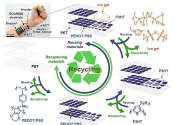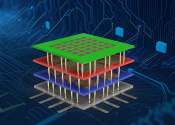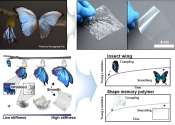A new method to develop recyclable, organic and flexible electronics
The electronics industry has been in continuous development over the past decades, leading to the development, fabrication and sale of a broad range of consumer devices. In recent years, many engineers have been focusing ...









